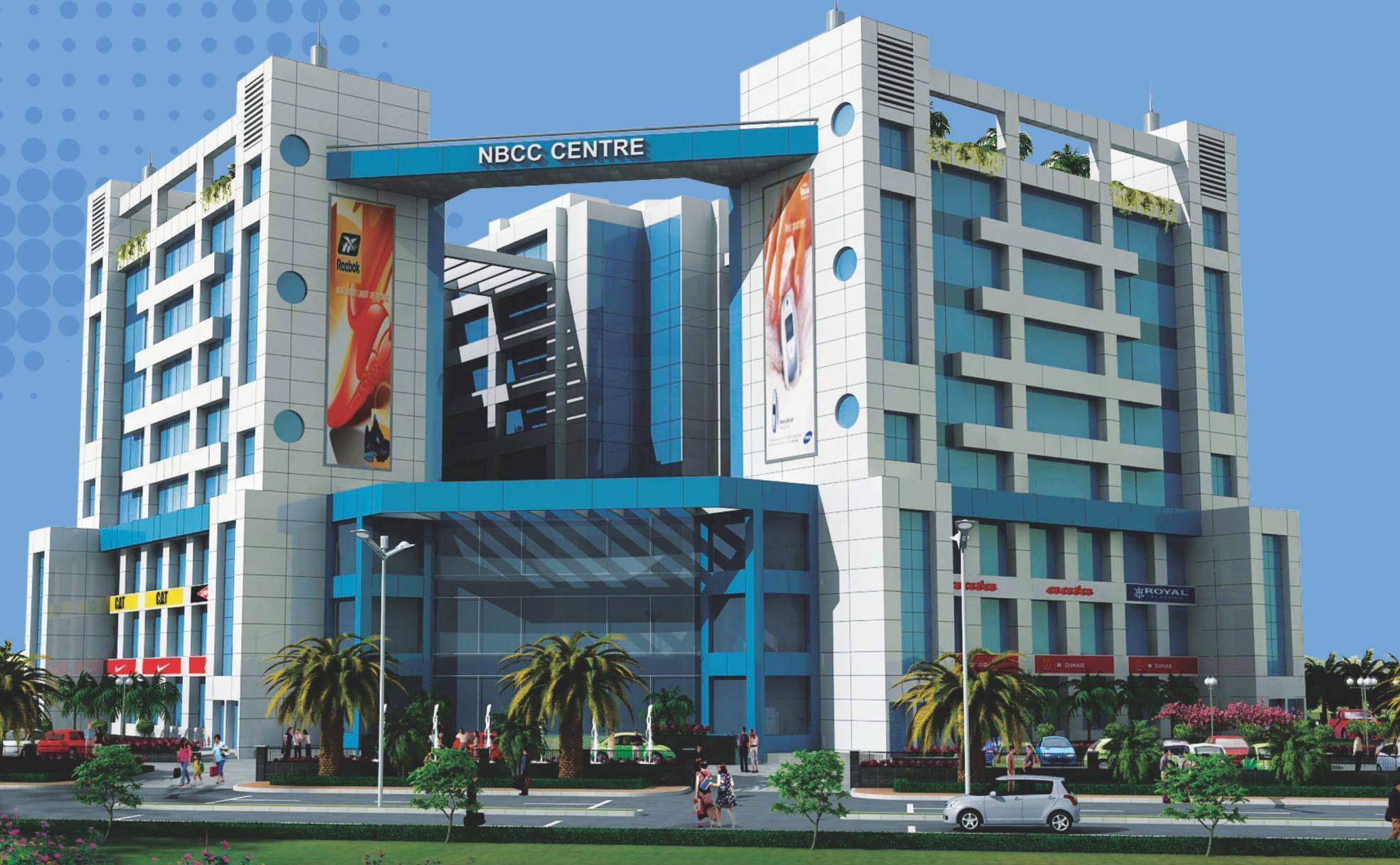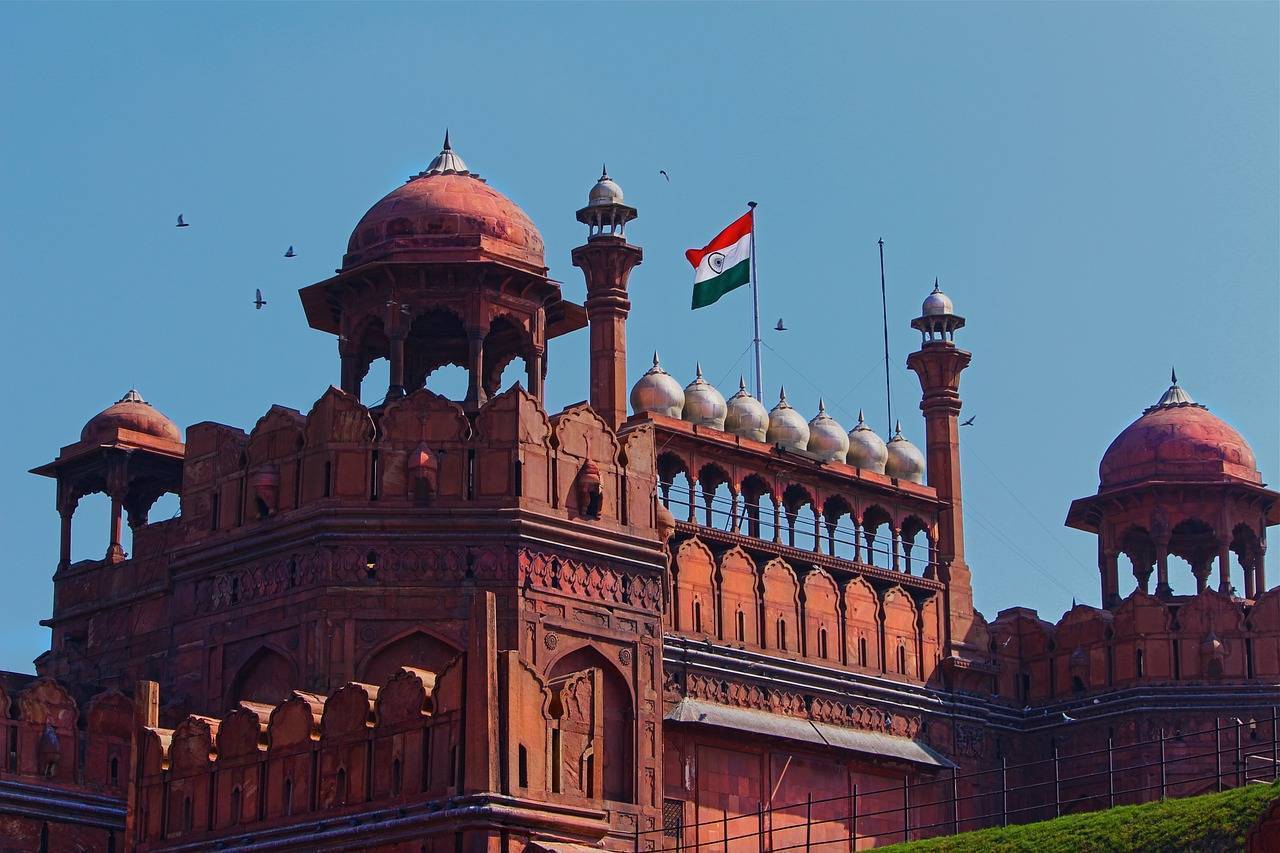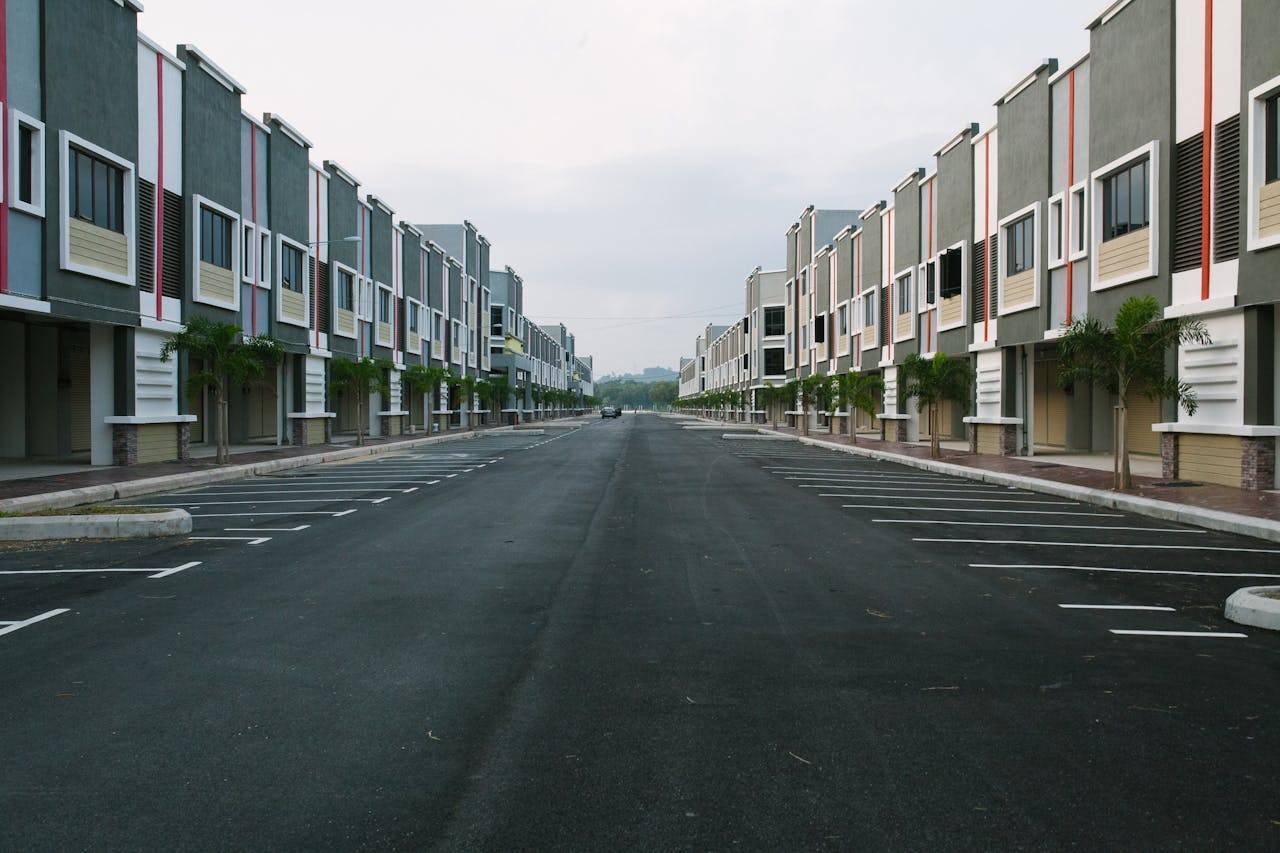Tamil Nadu has set its sights on constructing India's largest cricket stadium in Coimbatore, a project that promises to elevate the city's profile on the global sports stage. The state government has recently initiated steps to bring this ambitious vision to life, starting with the tendering process for the preparation of a Detailed Project Report (DPR).
Strategic Location and Land Acquisition
The proposed stadium site is strategically located 16 kilometers from Coimbatore city, along the bustling NH 544 highway, which connects Salem and Kochi. This prime location not only ensures easy accessibility but also places the stadium within reach of major transportation networks, making it an ideal venue for national and international events.
To secure the necessary land for this monumental project, the state government plans to acquire 198 acres from the State Prisons Department, which currently owns 200 acres in the area. The acquisition process is expected to move forward swiftly once the DPR is finalized, paving the way for construction to begin.
Design and Development: A Call for Expertise
The Sports Department of Tamil Nadu has already issued a Request for Proposal (RFP) to engage a design consultant and other necessary services for the stadium's development. Interested bidders have been given a one-month window to submit their proposals, reflecting the government's commitment to moving the project forward with pace and precision.
In terms of design, the envisioned stadium will not only surpass the Narendra Modi Stadium in Ahmedabad—currently India's largest cricket stadium with a seating capacity of 132,000—but will also set new standards in spectator comfort and amenities. The project aims to incorporate five-star facilities for members, VIPs, and corporate sectors, as well as state-of-the-art amenities for players, including a lounge, media and broadcasting centers, cafeterias, restaurants, viewing galleries, and even a cricket museum.
Advanced Features and Technological Integration Plan
What sets this project apart is its focus on incorporating cutting-edge features that cater to both players and spectators. The stadium is expected to include an indoor practice arena, a specialized indoor fielding zone, pitch curation training facilities, lecture theaters, and a high-performance center. These facilities are designed to provide players with an environment that fosters excellence and enables them to perform at their best.
In addition, the stadium will boast modern technological infrastructure, with advanced media facilities and public relations services to ensure seamless coverage of events. The emphasis on high standards of public seating and hospitality reflects the state's commitment to providing a world-class experience for all attendees.
Learning from the Best: Case Studies and Global Inspirations
To ensure that the stadium meets international standards, the Sports Department has recommended that bidders study existing stadiums like the MA Chidambaram Stadium in Chennai and the M Chinnaswamy Stadium in Bengaluru. These iconic venues will serve as live case examples, providing valuable insights into the challenges and opportunities associated with stadium design and construction.
Moreover, the department has urged bidders to draw inspiration from the renowned Lords Cricket Stadium in London, widely regarded as the "Home of Cricket." By considering the design elements and operational strategies of these world-class venues, the project aims to create a stadium that not only meets but exceeds global expectations.
A Hub for Research, Rehabilitation, and Innovation
Beyond its primary function as a cricket venue, the proposed stadium will also serve as a center for research and rehabilitation for players, umpires, technicians, and coaches. The bidders have been tasked with creating a forum that fosters innovation and advances the science of cricket, ensuring that the stadium becomes a hub for learning and development in the sport.
This holistic approach to stadium design is in line with the latest trends in sports infrastructure, where venues are increasingly seen as multi-functional spaces that cater to a wide range of needs, from athletic performance to fan engagement.
Impact on the Surrounding Real Estate Market
The construction of such a large-scale infrastructure project in Coimbatore is poised to have a significant impact on the surrounding real estate market. Historically, the development of major sports facilities has been a catalyst for real estate growth, and this stadium is expected to be no different.
1. Increased Property Values: Proximity to a world-class sports facility often leads to an increase in property values. The areas surrounding the proposed stadium site are likely to see a rise in demand for both residential and commercial properties as developers and investors anticipate higher returns.
2. Development of Residential Projects: With the influx of tourists, sports enthusiasts, and professionals, there will be a growing need for residential developments. This demand could spur the construction of new housing projects, ranging from high-end apartments to more affordable housing options, catering to a diverse demographic.
3. Commercial Opportunities: The stadium is expected to attract significant commercial activity, including the development of retail outlets, restaurants, hotels, and entertainment venues. Businesses will seek to capitalize on the increased footfall, leading to the growth of the local economy and the creation of new job opportunities.
4. Infrastructure Improvements: To support the expected increase in traffic and visitors, there will likely be investments in improving local infrastructure, such as road expansions, public transportation enhancements, and the development of utilities. These improvements will further enhance the area's attractiveness to both residents and businesses.
5. Boost to Tourism: As a major sporting venue, the stadium will draw visitors from across India and around the world. This influx of tourists will not only benefit the hospitality industry but also create opportunities for ancillary services, such as travel agencies, tour operators, and local attractions, thereby stimulating the broader regional economy.
6. Potential for Mixed-Use Developments: Developers may also explore the potential for mixed-use developments that combine residential, commercial, and recreational spaces in close proximity to the stadium. These projects could create vibrant communities that integrate the excitement of the stadium with everyday living, offering a unique lifestyle experience.
A Vision for the Future
Tamil Nadu's plan to build India's largest cricket stadium in Coimbatore is more than just a construction project; it is a vision for the future of sports in the region. By combining state-of-the-art facilities with innovative design and a commitment to excellence, the state aims to create a landmark venue that will attract visitors from around the world and inspire future generations of cricketers.
Beyond its immediate impact on cricket and sports, the stadium's development is expected to significantly influence the real estate market, driving growth and prosperity in the surrounding areas. As the project unfolds, Coimbatore is set to become a beacon of progress, blending sports, community development, and economic growth into a singular, transformative endeavour.
Image source- Pinterest









.png)